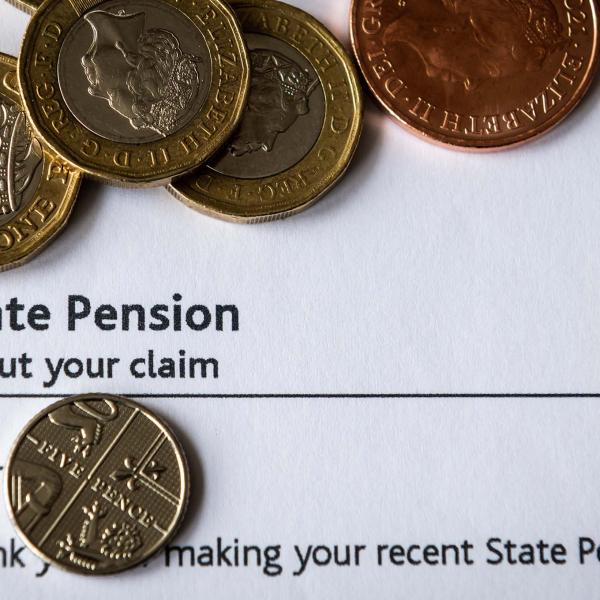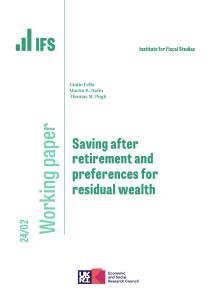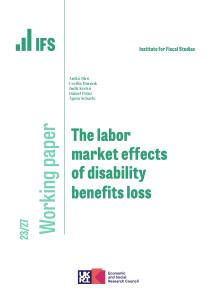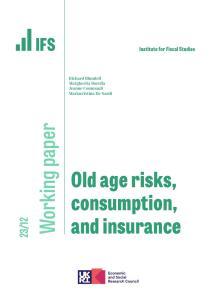In this paper we ask whether households are saving enough for their retirement. We use data on income, expenditure and expenditure components to analyse patterns of behaviour at and around the time of retirement. For successive date-of-birth cohorts we compare periods of unemployment to periods of retirement and separate expenditures into categories reflecting work-related expenditures, basic necessities and other goods. We find that income typically falls by more at unemployment than retirement, but the reverse is true for expenditure. We observe falls in expenditure at retirement for all expenditure categories. Using a stochastic life-cycle model including mortality rates we assess the anticipated impact of retirement on consumption against that of unemployment. The inter-relationship between goods and leisure explains a large part of the persistent fall in expenditure at retirement. We argue that the only way in which the life-cycle hypothesis could be reconciled with the remaining unanticipated dip in consumption would be with the systematic arrival of unexpected adverse information at the time of retirement.










